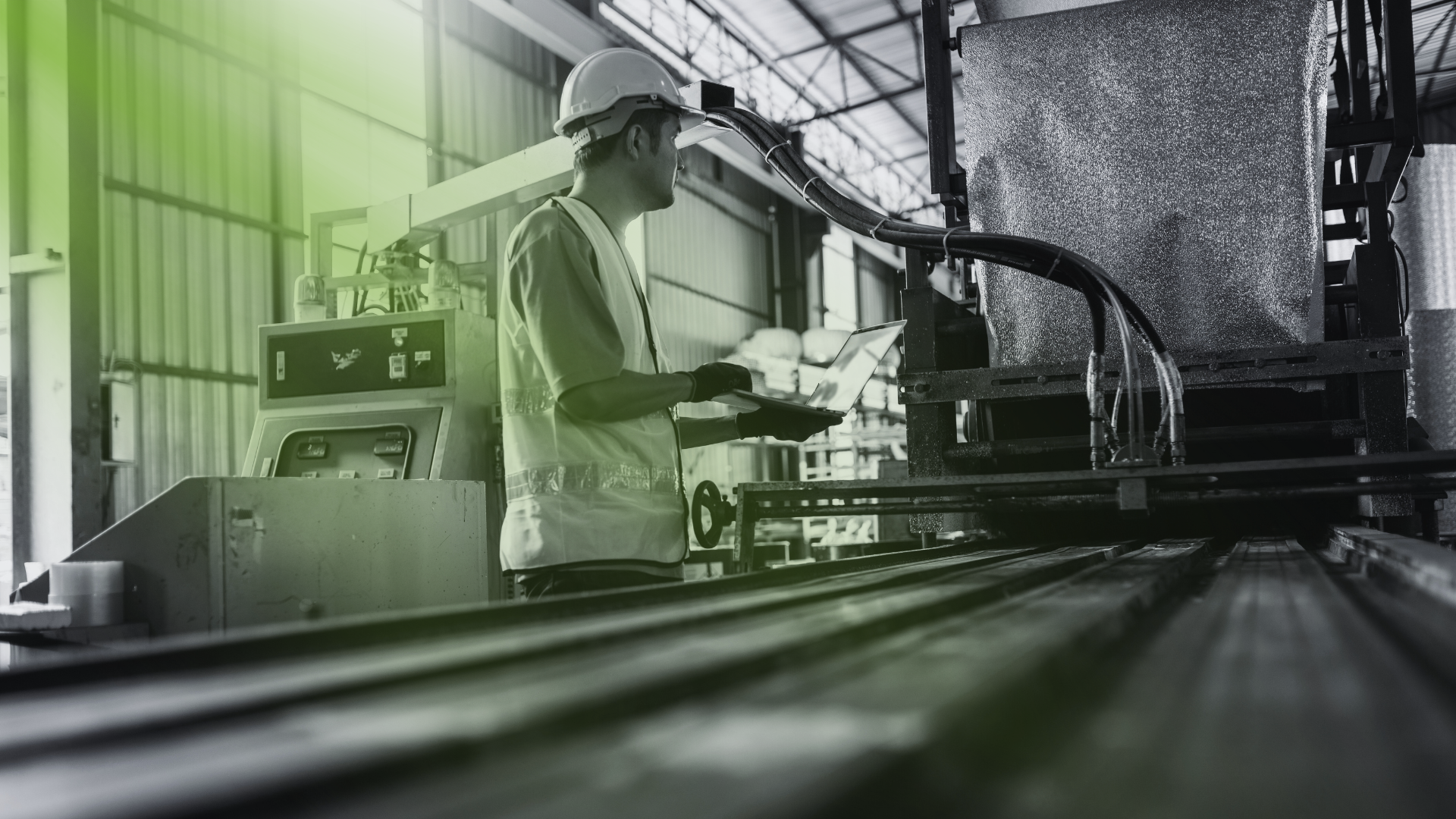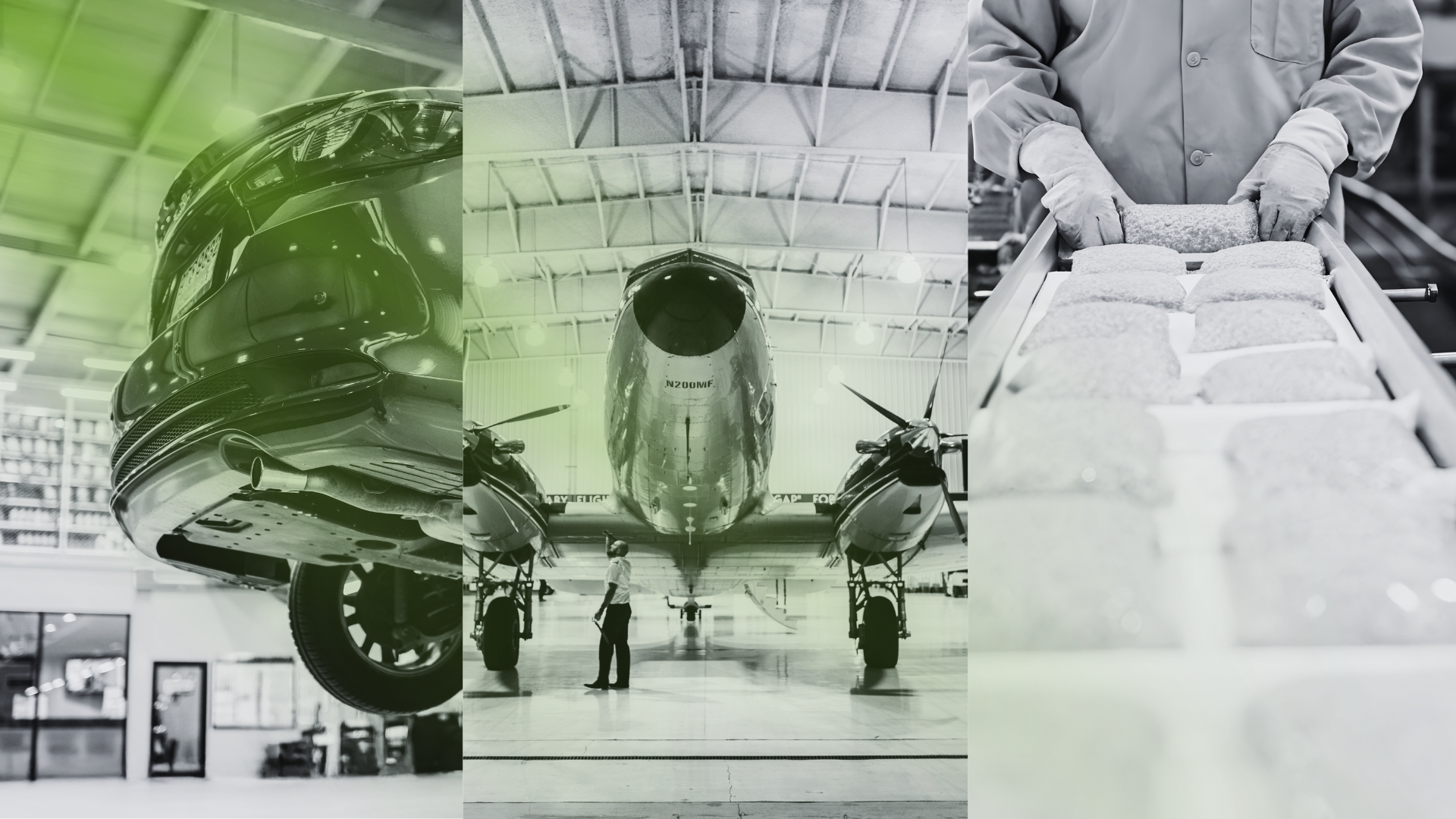At Technical Network, we monitor how technology is reshaping industrial landscapes and 2025 is proving to be a watershed year for automotive manufacturing. The combination of digital transformation, sustainability priorities, and evolving business models is unlocking significant growth and operational advantage across the sector.
Supply‑chain transparency and resilience
As outlined in our Q1 monitoring, supply chain visibility has emerged as a critical differentiator for competitive manufacturers. Blockchain is being adopted more widely in 2025 to trace materials from source to vehicle delivery, reducing fraud and improving ethical compliance. With escalating geopolitical volatility, such as U.S. tariffs on automotive parts, manufacturers are diversifying suppliers and embracing new data‑driven tools for real‑time supply‑chain monitoring.
Smart factories, 5G and digital twins
At factories across Europe and beyond, 5G-enabled smart manufacturing is taking off. Our industry sources report expanding deployment of private 5G networks combined with edge computing for real‑time synchronization across sensors, robotics, and production systems.
Alongside that, digital twin technology is increasingly central. Automotive OEMs such as Volkswagen and BMW are using digital simulations to optimise assembly, reduce waste, and maintain high quality, enabling flexibility in volume and variants at speed. These virtual replicas reduce physical trial‑and‑error, accelerating time‑to‑market.
AI‑driven efficiency and predictive maintenance
Artificial intelligence now steers everything from quality control to maintenance in modern assembly plants. Predictive analytics detect equipment failures before they occur, cutting unplanned downtime and maintenance costs by up to 30 % in some case studies. AI-driven process automation enhances throughput and precision across functions from vehicle painting to assembly line robot collaboration.
Sustainability as standard
Expectations for carbon reduction and circular economy practices are shaping investment decisions. Automakers are integrating recycled and renewable materials and deploying eco‑friendly manufacturing, such as re‑processing plastics and metals, alongside water and energy management systems. These efforts align with stricter regulation and customer expectations.
Increasingly, sustainability and advanced manufacturing are intertwined, enabling both green credentials and cost efficiency.
Growth opportunity
Across the automotive manufacturing landscape in 2025, growth is driven by a confluence of structural change:
- Competitive innovation: New market entrants, especially Chinese EV OEMs expanding into Europe and North America, are forcing legacy producers to accelerate digital investment and regionalise manufacturing hubs.
- Revenue diversification: With servitization and subscription models, manufacturers are tapping complementary income sources, think mobility-as-a-service, data-driven features, and OTA updates.
- Resilient production networks: Manufacturers are reshoring or establishing regional hubs to mitigate geopolitical trade risk and tariff disruption.
- Skill transformation: To sustain these digital and sustainable shifts, companies are investing in skills-based hiring, especially in robotics, data analytics, AI and EV technologies, as reported within UK automotive HR trends.
In summary
2025 is reshaping automotive manufacturing into a high‑tech, flexible, and sustainable sector. From smart factories powered by 5G and AI, to platform-based SDVs and servitized business models, the potential for growth is clear. Manufacturers who embrace innovation, build resilient supply chains, and commit to sustainable operations are positioning themselves at the vanguard of this transformation.
At Technical Network, we're excited to work with partners across engineering, supply chain, and digital transformation to help the industry realise this potential and deliver better, smarter, cleaner mobility.
If you’re interested in hearing more about how we can support your own automotive manufacturing projects in 2025, we’d be happy to connect.


